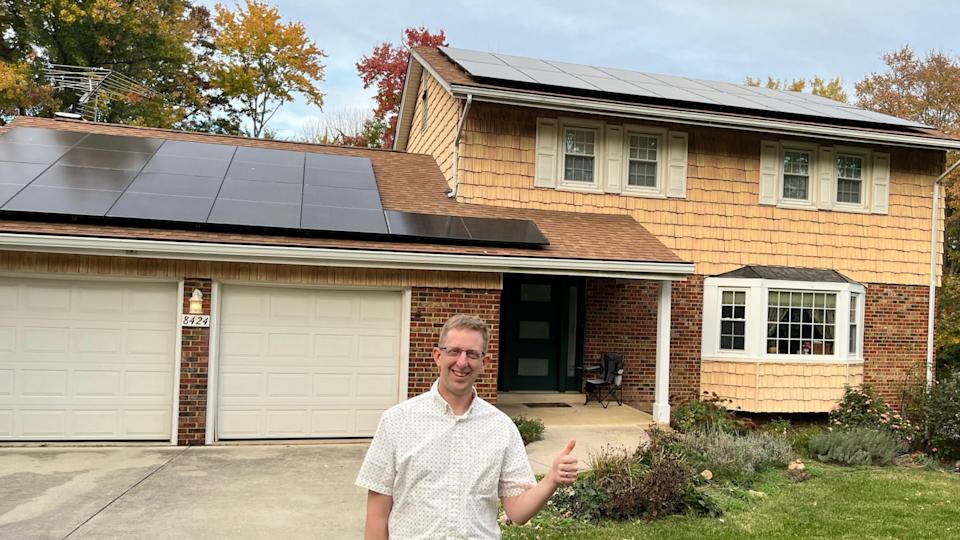Unlocking Solar Incentives: How Homeowners Can Save Big on Solar Energy

Are you considering making the switch to solar energy? Many U.S. homeowners are taking advantage of solar incentives that make this investment more affordable than ever. From reducing your upfront costs to cutting your monthly bills, these incentives can transform your approach to energy.
What Are Solar Incentives?
Solar incentives are financial benefits, such as tax credits and rebates, designed to encourage homeowners to adopt renewable energy. These programs can come from the federal government, state agencies, or local utilities. They significantly reduce the cost of installing solar panels and make solar energy more accessible. One homeowner from Virginia even received $14,000 in government incentives, which made a big difference in his decision to go solar. He shared his experience in a recent Yahoo article: “I do not have an electric bill anymore.” These incentives played a major role in offsetting the initial investment and making solar a cost-effective option.
The Biggest Drivers: Saving Money and Protecting Against Rising Costs
The financial benefits of solar incentives are often the main reason people decide to go solar. Recent research from Ohio State University, covered by pv magazine International, found that saving money outranks even environmental concerns for most homeowners. With programs like the federal Investment Tax Credit (ITC), you can receive up to 30% off your solar project’s cost, leading to thousands in savings. These incentives also help shield you from future energy price hikes by giving you more control over your monthly bills.
How Solar Incentives Work
Most incentives take the form of tax credits, rebates, or net metering programs. The ITC, for example, allows homeowners to deduct a percentage of their solar installation costs directly from their federal taxes. Some states and local utility providers offer their own rebates or savings programs. Net metering lets you earn credits if your system produces more electricity than you use, which can lead to even greater long-term savings.
A homeowner who recently completed a large solar installation said, “For just over $30,000, I got an incredible array that more than meets my needs.” By maximizing available solar incentives, he reduced his payback period and eliminated his electric bill entirely.
Are You Eligible for Solar Incentives?
Eligibility requirements vary by location and program. In general, homeowners with enough roof space and a tax liability can qualify for the ITC. State and local incentives may have their own rules, so check with your local government or a certified solar installer. As pv magazine notes, awareness and education are key. Don’t miss out on valuable savings by overlooking available programs.
Getting Started: Steps to Secure Your Solar Incentives
- Research Federal and State Programs: Start with the federal ITC, then look for state and local incentives.
- Consult a Local Expert: A professional installer can guide you through the application process and help you claim every available incentive.
- Apply Early: Some programs have limited funds. The sooner you act, the more likely you are to benefit from maximum incentives.
Conclusion: The Time to Act Is Now
Solar incentives have made renewable energy accessible and affordable for thousands of homeowners nationwide. From cutting upfront costs to offering ongoing savings, these incentives are a powerful tool in the shift to clean energy. Don’t miss out—explore your options, take action, and start enjoying the financial and environmental benefits today.